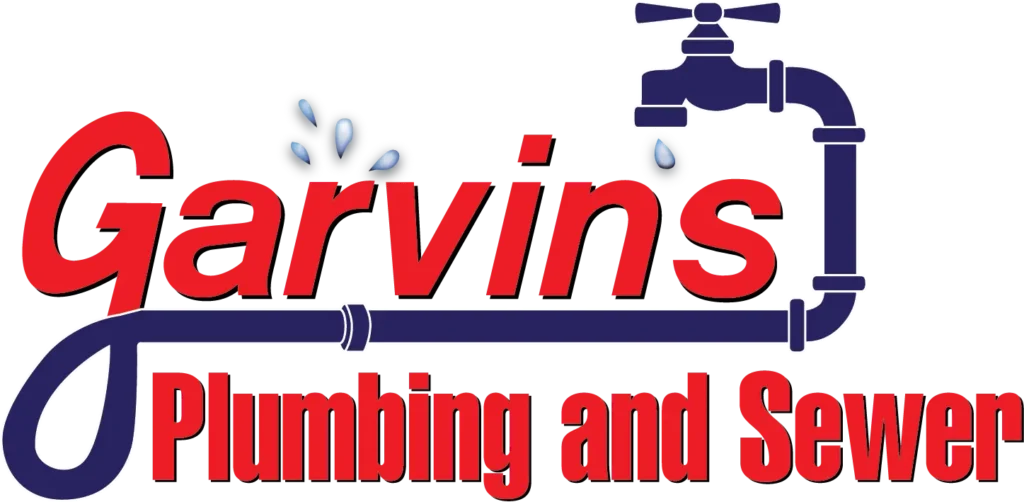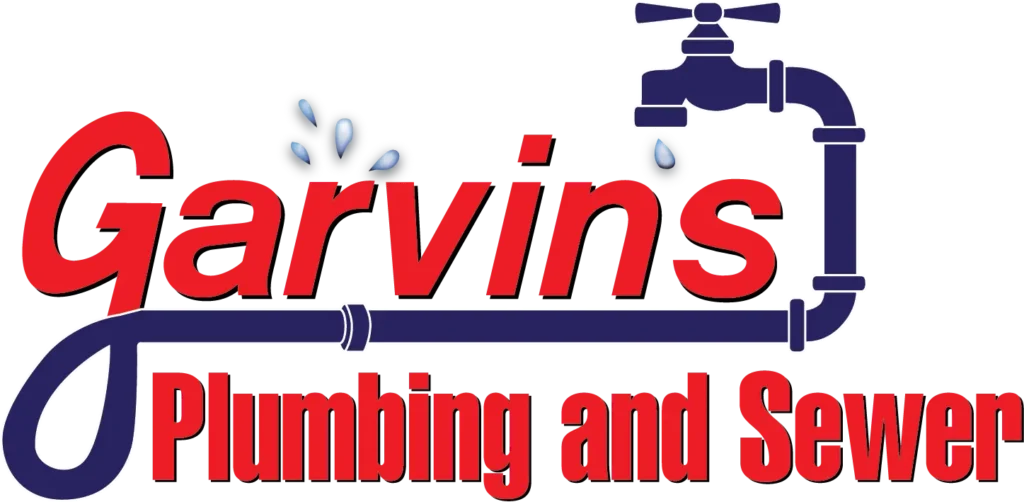
Garvin's Sewer Service
Tips for Keeping Your Sewer Line (& Plumbing) in Top Shape
Happy New Year! We hope you have an amazing year, full of health and prosperity. Lots of folks around the world rang…

Clogged Sewer Line
The curse of the clogged sewer line
Ghosts, zombies, bats and vampires! In October, all things frightening are bound to appear before month’s end. But there’s something scarier than…

Sewer Cleaning Denver
A Guide To Sewer Line Preventive Maintenance in Englewood
Not all plumbing problems are quite the same. A slow drip from your bathroom faucet, or a water heater that’s not quite…

Garvin's Sewer Service
How To Find The Right Plumber in Denver
Every homeowner needs an experienced, reliable plumber on speed dial, but hitting the mark takes some legwork. For 80 years, Garvin’s Sewer…

Clogged Drain
What is a Sewer Camera Inspection?
Plumbing has come a long way over the course of the last couple of decades, especially as it pertains to newer innovations…

Clogged Drain
A Guide to Sewer Line Preventative Maintenance
Your sewer lines may be hidden, but they are about as important as any individual aspect of a home. Imagine what life…

Common Plumbing Issues
Common Causes of Plumbing Leaks
It’s never a good thing to discover that you’ve got a leak somewhere in your home, and while the professionals at Garvin’s…

Clogged Drain
What Can a Camera Inspection Tell You About Your Sewer?
Plumbers have been around for as long as plumbing has existed, making it one of the oldest professions in the modern world.…

Clogged Drain
How Do You Know It’s Time for a Sewer Replacement?
Thankfully, modern sewage disposal systems are designed to ensure that we never have to deal with waste the way our ancestors did,…

Sewer Cleaning Denver
Emergency Sewer Cleaning vs. Preventative Sewer Cleaning
We have several customers tell us that their sewer only backs-up on major holidays. Or nights. Or weekends. While we understand they…

Blog
7 Tips to Reduce Clogs in Your Low Flush Toilet
Recently, in our blog titled: “Your Low Flush Toilet Isn’t Really Saving Water. Here’s why”, we talked about the scientific reasons why…

Blog
Your Low Flush Toilet Isn’t Really Saving Water. Here’s why.
If you have a low flush toilet, whether at home or at work, you probably are frustrated by how often it seems…




